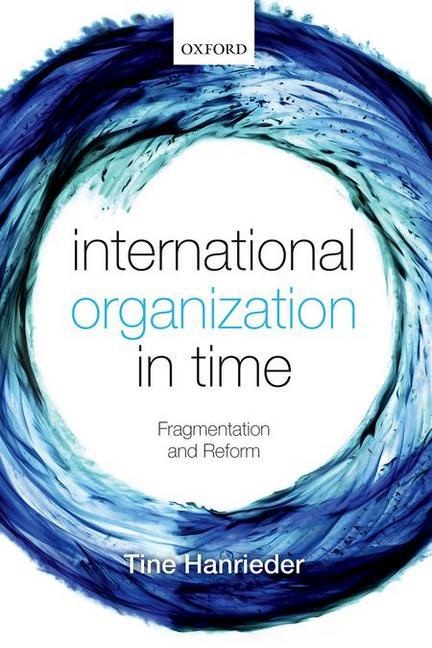Read more
Zusatztext Hanrieder's book is a theoretically insightful and empirically rich contribution to the study of the design and change of international organizations in several ways: First, in demonstrating that IO creation and change cannot be sufficiently accounted for by rationalist institutionalist accounts. Rather, historical contingency and path dependence matter. Second, in drawing attention to and analysing the un-intended effects of organizational reforms which are often overlooked when reforms are evaluated, but which may be much more decisive for the design and working of an organization than the reform's original goals. Informationen zum Autor Tine Hanrieder is a postdoctoral research fellow at the Global Governance research unit of the WZB Berlin Social Science Center. Her research fields are International Organization, Global Health Politics, and International Theory. Her work has been published in journals including the European Journal of International Relations, Security Dialogue, the Journal of International Relations and Development and International Theory. Klappentext The book investigates reform histories in the United Nations (UN), focusing on the World Health Organization (WHO), but with comparison with the International Labour Organization (ILO), and the United Nations Educational, Scientific and Cultural Organization (UNESCO). Zusammenfassung The book investigates reform histories in the United Nations (UN), focusing on the World Health Organization (WHO), but with comparison with the International Labour Organization (ILO), and the United Nations Educational, Scientific and Cultural Organization (UNESCO). Inhaltsverzeichnis 1: Reforming international organizations in the shadow of fragmentation 2: The centrifugal reproduction of international organizations 3: Locking in a Pan American headstart: the long founding moment of the World Health Organization 4: The secondary effects of Primary Health Care 5: One WHO: new managerialism, old structures, and the simulation of corporate agency 6: Decentralization and fragmentation in the United Nations: comparing ILO and UNESCO 7: Implications: Reform and fragmentation in global governance Appendices ...

